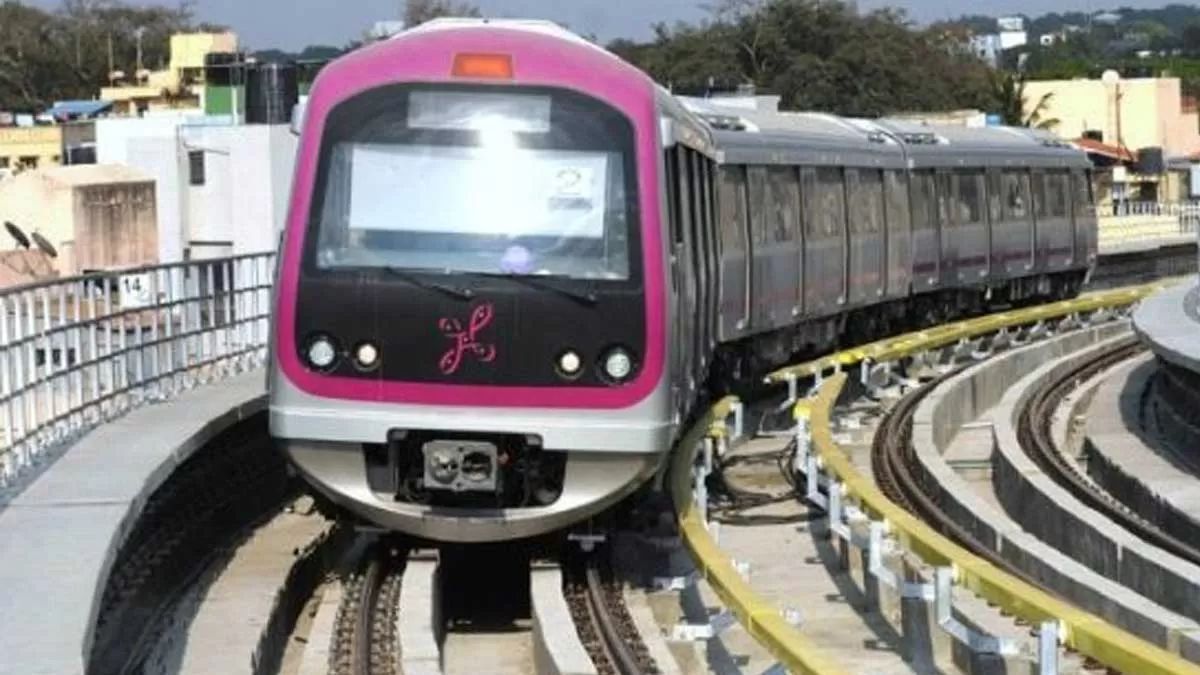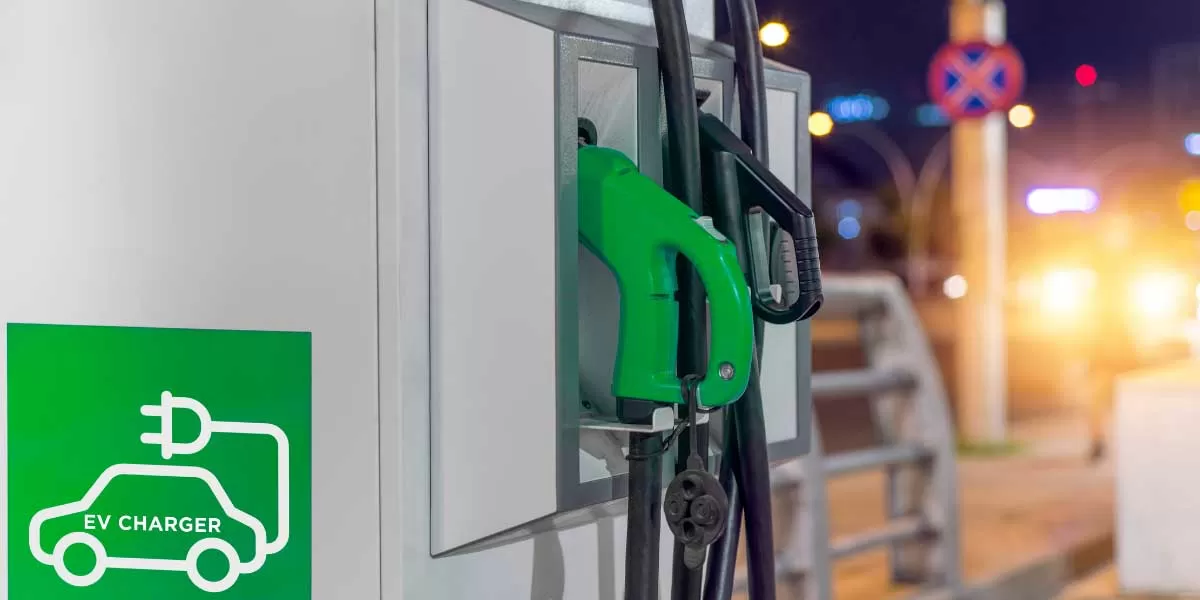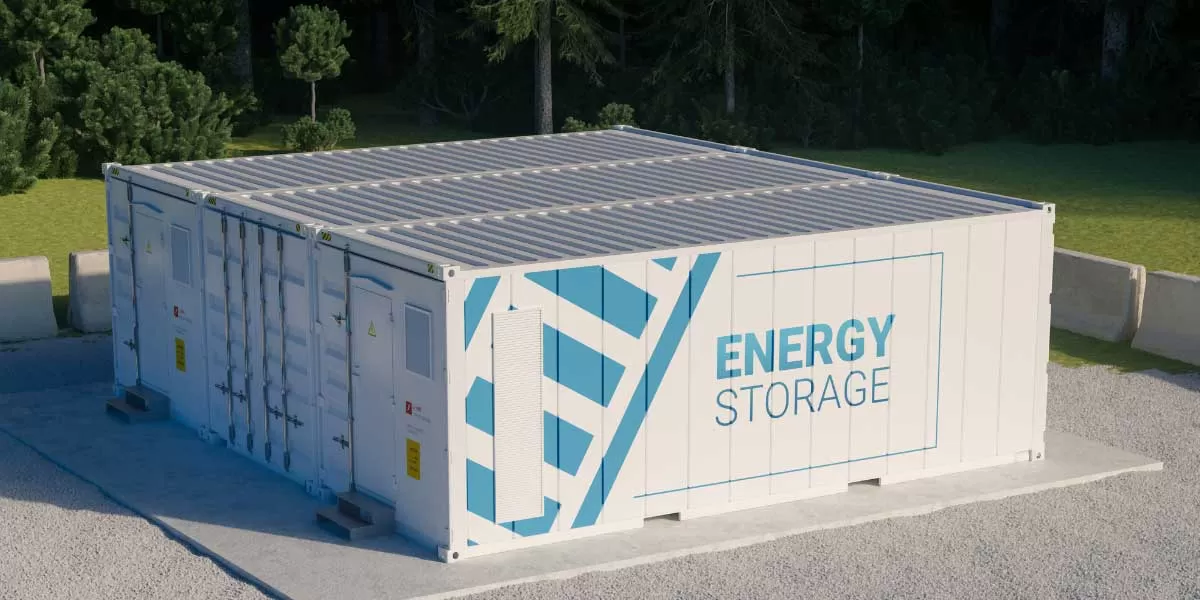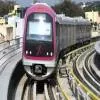
TRAI Calls for Distinct Network Authorisation for Telecom Infrastructure

L&T-Alstom Partnership to Upgrade Mumbai Metro Line 4
Larsen & Toubro (L&T), in partnership with Alstom Transport, has secured a contract to supply essential systems for Mumbai Metro's 35.2 km Line-4 and Line-4A (Green Line), which will connect Wadala, Kasarvadavali, and Gaimukh. Identified as Package CA-234, the contract includes the supply of 39 six-coach trains, totalling 234 coaches, along with Communication-Based Train Control (CBTC) signalling and train control systems, telecommunications infrastructure, platform screen doors, and depot machinery for the Mogharpada Depot. This project comes after Alstom's previous withdrawal from a similar ..

Jio-bp to Expand Retail Network and EV Charging Infrastructure
Jio-bp, a joint venture between Reliance Industries and global energy major bp, is focused on expanding its retail infrastructure and enhancing customer experience to strengthen its presence in the downstream energy market. The company plans to establish 100,000 electric vehicle (EV) charging stations over the next 10-12 years, aligning with the Indian government's efforts to boost EV charging infrastructure and achieve net zero targets. Additionally, Jio-bp intends to open 1,000 retail outlets to sell compressed biogas (CBG) produced by Reliance's CBG plants. Jio-bp has introduced 480 kW ..

Kolkata Metro to Install Power Backup System on Underground Stretch
Kolkata Metro Railway is set to install a Battery Energy Storage System (BESS) at the Central Station substation to enhance commuter safety during power outages. This system will ensure uninterrupted operations on the 16 km underground Tollygunge-Dumdum stretch of the Blue Line corridor (Dakshineswar-New Garia), which spans 28 km. The BESS, comprising inverters and advanced chemistry cell (ACC) batteries, will enable trains to operate at 30 km/h during power cuts or grid failures, ensuring that passenger-filled coaches can safely reach the nearest station. This initiative aims to improve both..














